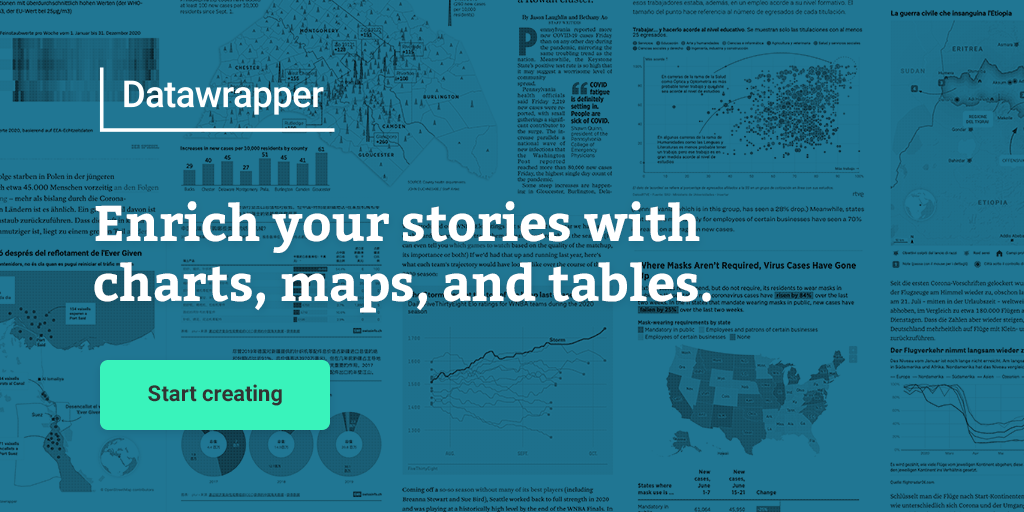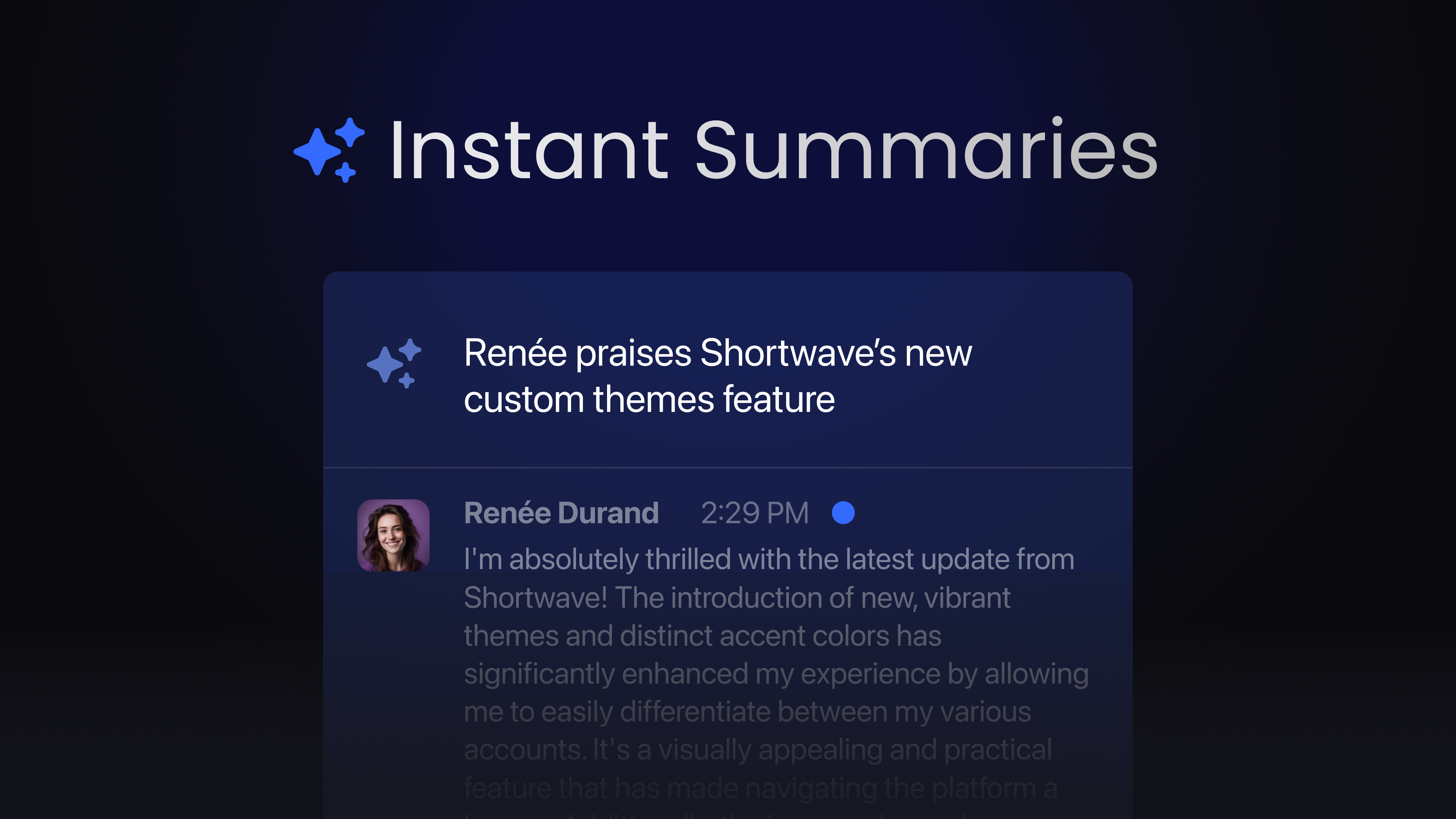- Tech-Neill-ogy
- Posts
- Tech-Neill-ogy #37 - 25 February 2024
Tech-Neill-ogy #37 - 25 February 2024
Your Weekly Guide to Leveraging Technology in College Counseling
Welcome to Tech-Neill-ogy #37!
Oops! A couple of loyal readers pointed out that I never sent out this week’s newsletter! Apologies for the late post!
At present, I’m traveling for work in the Middle East. Lots going on.
It was fun to see an enormous uptick in subscribers last week thanks to a presentation on The Junior Project for IACAC, which heavily featured some AI tricks and tools. Welcome to the new subscribers!
I wanted to share a unique opportunity for an 8-week, 15-hour Artificial Intelligence Explorations for Educators online course. Learn more and apply here by February 29!
Finally, no Fliz this week, but I did take a webinar I recently delivered for UCLAxOpen and used VideoToBlog, which is featured in the Extracurriculars section below, to create a blog from the recording. The misspelling of my last name not included, it seems like a pretty interesting tool! See below for the output!
Always feel free to drop me an email at [email protected]. I look forward to hearing from you!



While exploring some topics for blogs and presentations, I stumbled upon this gem of a prompt. Give it a try!
Write a list of weird things in [industry] that I can address on social media.
Industry = US college admissionsHere’s what ChatGPT produced for the above prompt. Seems even AI has a sense of the challenges of our profession:
1. The Importance of Extracurriculars Over Academics: In many countries, college admissions focus primarily on academic performance. In contrast, U.S. colleges often give considerable weight to extracurricular activities, sometimes leading students to pack their schedules with activities they're not genuinely interested in, just to impress admissions officers.
2. Legacy Admissions: Some colleges give preference to applicants who are children or relatives of alumni. This practice can raise questions about fairness and meritocracy in the admissions process.
3. Early Decision Bindings: Applying to a college through an Early Decision (ED) program requires a binding commitment to attend if accepted, which can limit students' options to compare financial aid offers from different institutions.
4. The Common Application's Reach: A single application platform allows students to apply to multiple colleges at once. While it simplifies the process, it also leads to students applying to a large number of colleges "just because it's easy," inflating application numbers and decreasing acceptance rates.
5. The Cost of Applying: Application fees, SAT/ACT test fees, CSS Profile for financial aid—applying to college can be expensive, creating barriers for low-income students even before they get to college.
6. The Essay Industry: The emphasis on personal essays has spawned an entire industry of consultants and editors, sometimes making it challenging to discern the student's authentic voice among professionally polished submissions.
7. Test-Optional Policies: The recent shift towards test-optional admissions policies, accelerated by the COVID-19 pandemic, has led to record application numbers and lower acceptance rates at many schools, changing the dynamics of what it means to be a competitive applicant.
8. The Waitlist Limbo: Being placed on a college's waitlist can be a perplexing state of uncertainty for students, with colleges sometimes offering little to no information about the likelihood of being admitted from the waitlist.
9. Holistic Admissions Mystique: The "holistic" review process is often touted as a way to consider the whole applicant beyond just grades and test scores. However, the lack of transparency about how different components are weighted can make the process seem opaque and arbitrary.
10. Recruitment of Athletes: The recruitment of athletes can seem bizarre, with colleges sometimes offering admissions to students with significantly lower academic profiles if they excel in a sport, leading to debates about the priorities of educational institutions.
11. Financial Aid Negotiations: Unlike most countries where tuition fees are fixed or regulated, in the U.S., the financial aid process can sometimes resemble negotiating for a car, with students and families encouraged to negotiate better financial aid packages.
12. Summer Program Prestige: High school students often feel pressured to participate in prestigious or expensive summer programs to bolster their college applications, despite the fact that meaningful local activities or work experience can be just as valuable.
13. The Influence of Social Media: Colleges sometimes review applicants' social media profiles, leading students to curate their online presence with the college admissions process in mind, which raises questions about privacy and authenticity.
As always, if you’d like to explore some of the other hacks, tips, and prompts I’ve shared here and elsewhere, check out this link. If you have any great prompts or questions about prompting, send me a note at [email protected].

In closing, I was excited to receive the following email from Penn on their BS in Engineering in AI degree:
With all of the discussions surrounding artificial intelligence, your students may be considering how AI will impact their futures and careers. What will work look like as generative AI gets more advanced? How do you prepare for careers that don't exist yet?
Well, we have good news—Penn's School of Engineering and Applied Science just announced the launch of a Bachelor of Science in Engineering in Artificial Intelligence (AI) degree, the first undergraduate major of its kind among Ivy League universities and one of the very first AI undergraduate engineering programs in the U.S.
Penn is committed to developing innovative, leading-edge AI engineers who understand the principles of AI and how to apply them in a responsible and ethical way.
Is the student who will lead the way to a future where AI works in service to society sitting in a classroom at your school? This degree could be the perfect opportunity for them. The best part is they don't have to be sure just yet. At Penn, students applying to the School of Engineering and Applied Sciences don't have to declare a major until the end of their first year at Penn. We encourage you to share this exciting news with the budding engineers you know!
If you encounter other such programs, please send them along to me! I’m very curious to keep a pulse on this space.
For now, enjoy the rest of the week!
And happy counseling,
Jeff















